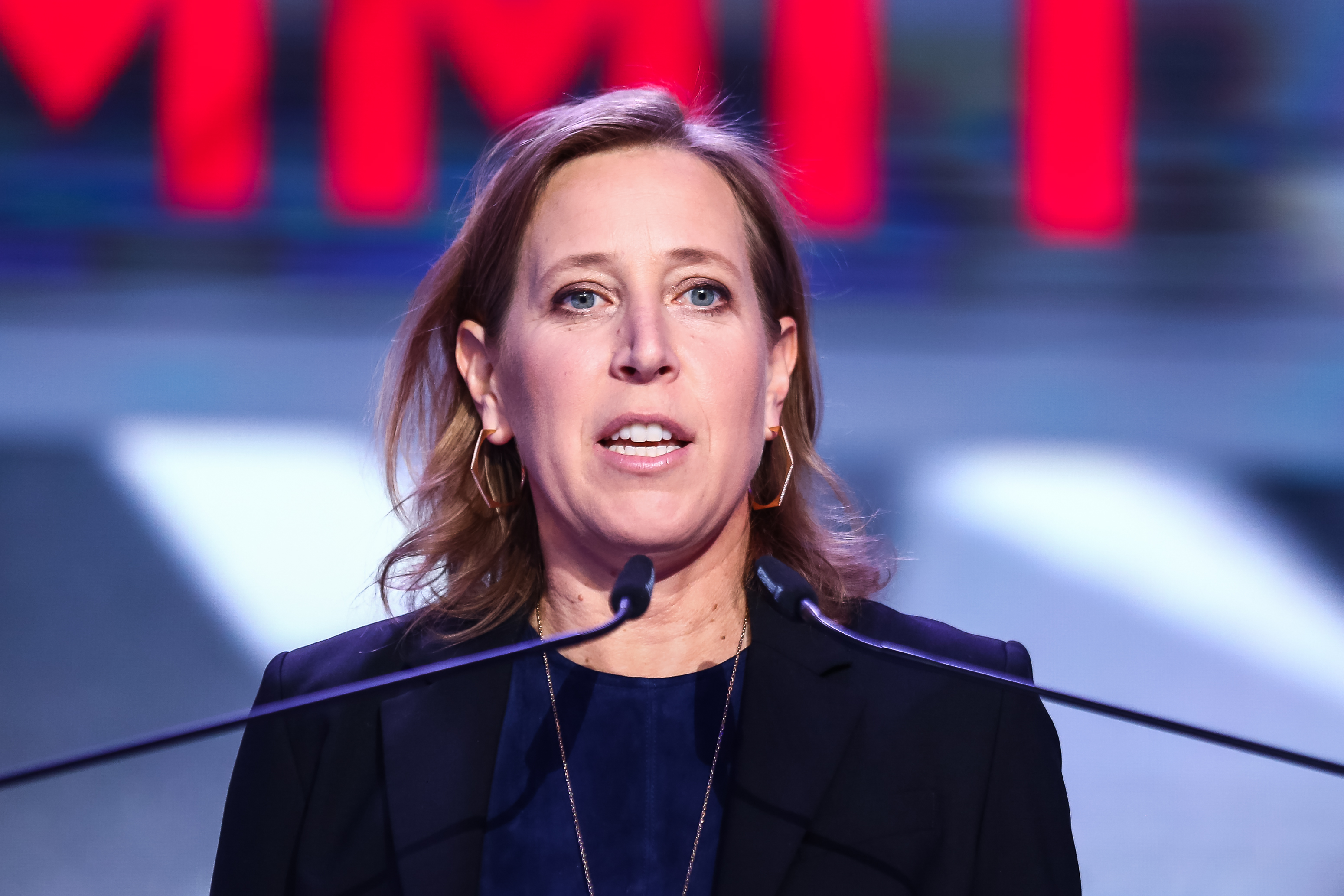- Earlier this week, YouTube deleted the channels of two popular far-right YouTubers, then reinstated them both less than two days later.
- YouTube announced new policies for dealing with hate speech in June in an effort to stop the spread of extremist content on the video streaming platform.
- In a recent blog post, YouTube CEO Susan Wojcicki said part of the platform’s commitment to “openness” would require YouTube to allow videos that are “controversial or even offensive.”
- A show called “War Room” supported by Infowars took Wojcicki’s “openness” comments as an open invitation to return to YouTube after being banned last year.
- According to Vice, the “War Room” channel posted 13 videos and was up for about 17 hours before being banned once more.
- Visit Business Insider’s homepage for more stories.
While YouTube CEO Susan Wojcicki is promoting a new commitment to openness and responsibility for the world’s largest video streaming platform, YouTube’s moderation policies are sending mixed signals when it comes to hate speech and conspiracy theories.
On Tuesday, Wojcicki used her quarterly blog post on YouTube’s priorities to discuss the platform’s commitment to “openness.” She said that commitment would help YouTube provide users with new opportunities, ways to foster community, and ways to learn from each other.
“A commitment to openness is not easy. It sometimes means leaving up content that is outside the mainstream, controversial or even offensive,” Wojcicki wrote. “But I believe that hearing a broad range of perspectives ultimately makes us a stronger and more informed society, even if we disagree with some of those views.”
The same day Wojcicki's post went online, YouTube removed the channels of two far-right YouTubers based in Europe, as reported by BuzzFeed. One of them, Iconoclast, promoted conspiracy theories about "white replacement" in Britain to more than 200,000 subscribers. The other, Martin Sellner, was connected to the Christchurch mosque shooter prior to the massacre, according to the Guardian. Sellner is a prominent figure in an Austrian nationalist movement that opposes Islam and multiculturalism and has been linked to neo-Nazi and white supremacist organizations.
Though both channels appear to violate YouTube's policies on white supremacy and discrimination, Sellner and Iconoclast had their channels restored less than two days later when the bans were appealed. When asked for the reasoning behind the reinstatement, YouTube spokesperson Farshad Shadloo offered the following statement.
"We realize that many may find the viewpoints expressed in these channels deeply offensive. However, after a thorough review we determined the videos on their channels do not violate our Community Guidelines and so the channels were reinstated. Earlier this year, we updated our approach towards hateful content," Shadloo said.
"As a result of this new, more aggressive hate speech policy we have removed thousands of accounts and tens of thousands of videos," Shadloo said. "Just this week, we removed numerous accounts that were violative of our new, stricter hate speech policies."
YouTube said that accounts are subject to a three-strike system. If three videos are found to violate the platform's rules within a 90-day span, the account is automatically terminated. Individual strikes can be appealed, however, and YouTube acknowledged that some videos are mistakenly flagged.

Infowars returns to YouTube - briefly
In June, YouTube updated its moderation policies to specifically address hate speech.
"We're taking another step in our hate speech policy by specifically prohibiting videos alleging that a group is superior in order to justify discrimination, segregation or exclusion based on qualities like age, gender, race, caste, religion, sexual orientation or veteran status," YouTube's June blog post read. "This would include, for example, videos that promote or glorify Nazi ideology, which is inherently discriminatory."
Though Wojcicki's post on "openness" did not mention an increased tolerance for hate speech, at least one controversial website took it as an open invitation to bring its content to the platform.
The far-right American website Infowars and its most popular host, Alex Jones, have been banned from YouTube since August 2018. Jones and several Infowars contributors are notorious for spreading conspiracy theories, including Jones' past denial of the Sandy Hook Elementary School shooting.
However, after reading Wojcicki's recent blog post on air on Wednesday, the Infowars program "War Room" started a new YouTube channel. The War Room channel uploaded 13 videos and was online for at least 17 hours before a Vice report revealed its existence.
YouTube deleted the channel shortly after Vice's report went live for circumventing the company's Terms of Service by dodging the ban.
Breaking: YouTube Announces Infowars Ban Is Lifted! pic.twitter.com/FVPUw6gDP8
— American Election HQ (@ElectionHQ2024) August 28, 2019
Wojcicki's post said YouTube is still trying to reduce the spread of content that borders on the line of policy violation, but only YouTube knows exactly where that line is.

